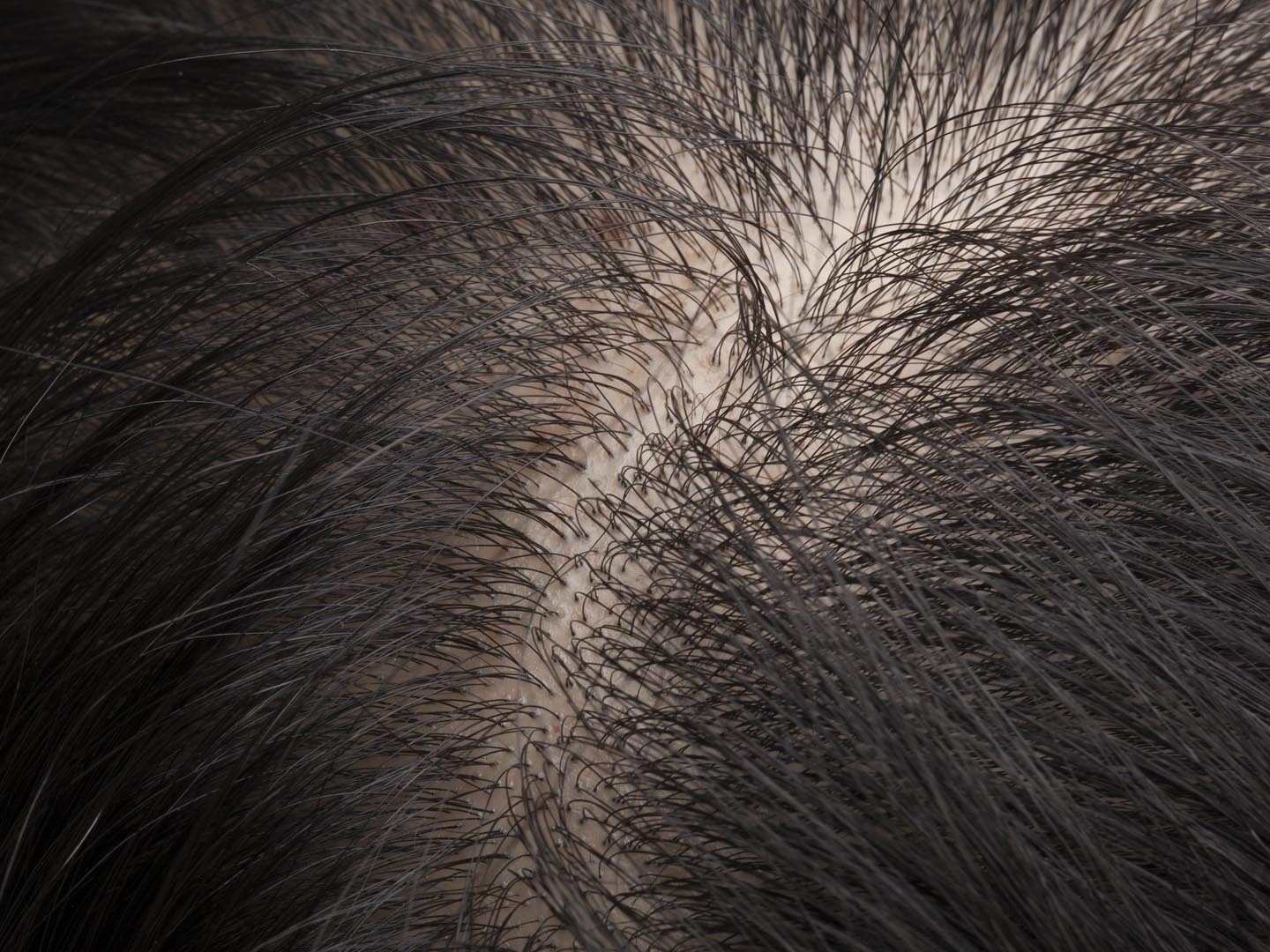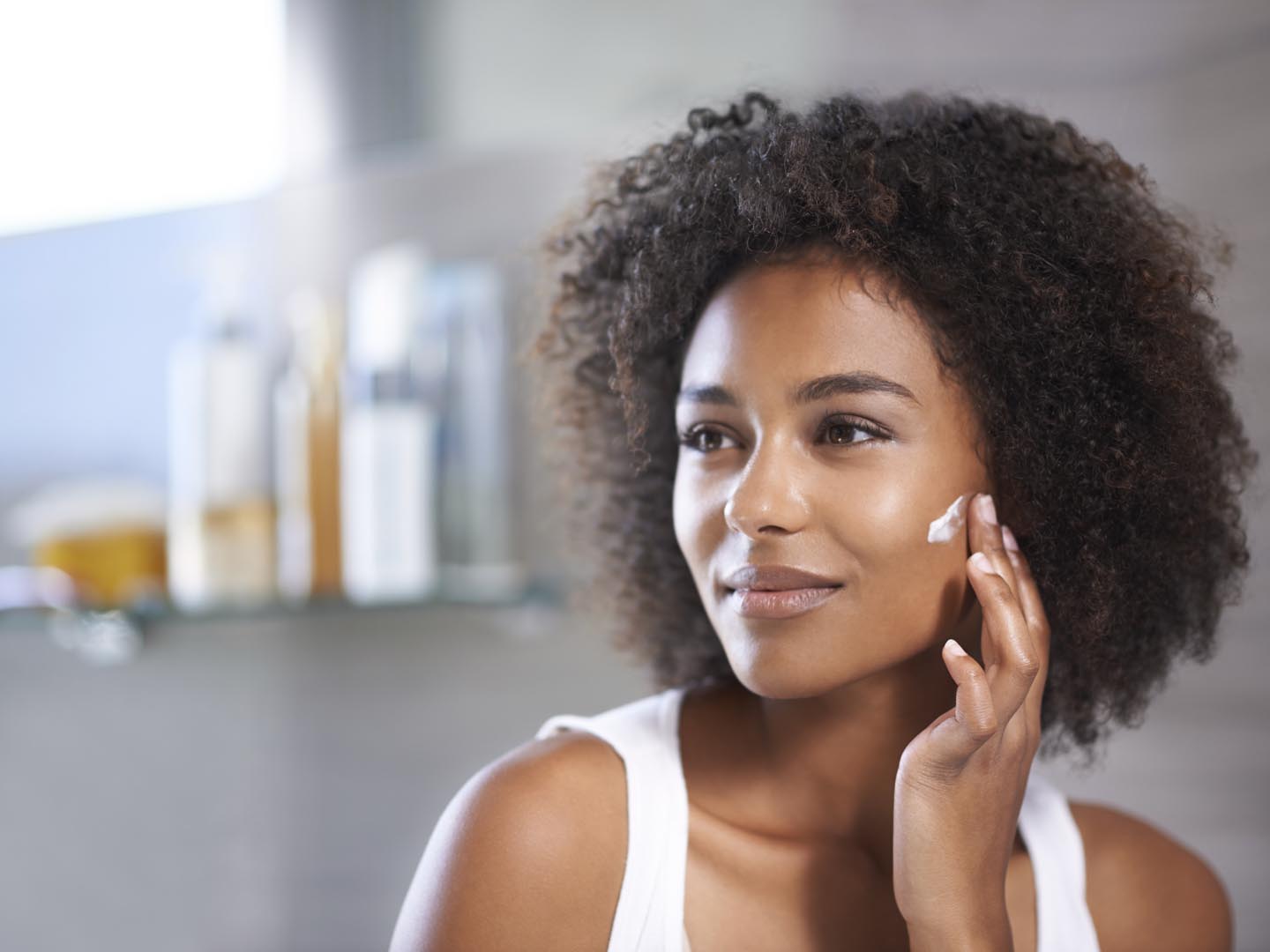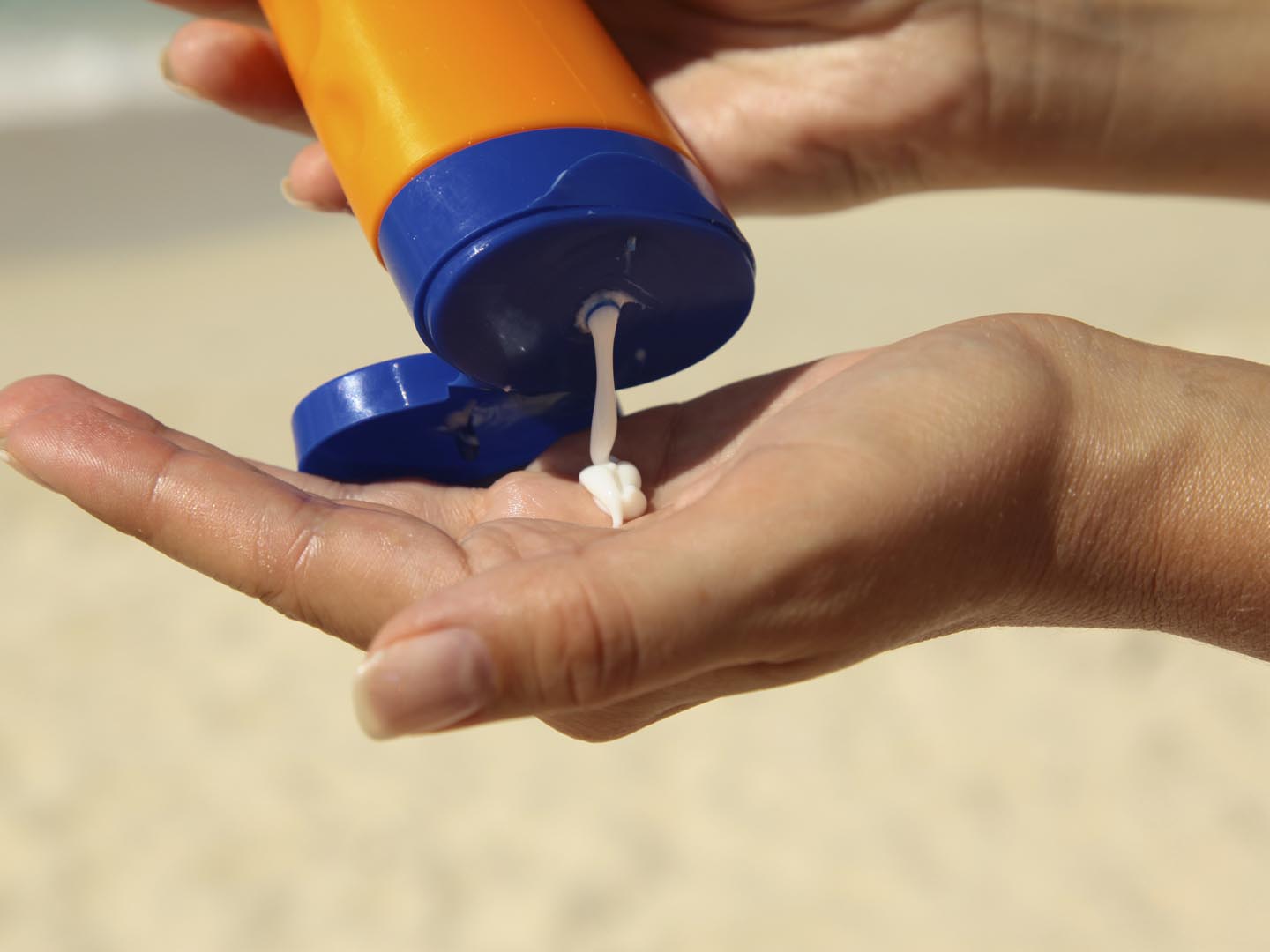Female Baldness: Can I Stop My Hair From Thinning?
I am 48 years old and going through menopause. My hair is changing from thick and curly to thin and not-so-curly. Is it okay to take collagen? If so, what are the risks?
Andrew Weil, M.D. | May 2, 2011

Menopause is perhaps best viewed as the natural progression to the next stage of life. Unfortunately, the hormonal changes involved may lead to “female pattern baldness,” characterized by thinning hair all over the head without a receding front hairline. You may simply be genetically predisposed to this problem, but other possible causes to investigate include severe stress, damaging effects of hair care treatments or styling, and habitual twisting or pulling your hair. Some prescription drugs can cause excessive hair shedding, including blood thinners and drugs used to treat gout, arthritis, depression, heart problems, and high blood pressure. If you take medication for any of these conditions, check to see if hair loss is a side effect. You also might ask your doctor to test you for thyroid disease, which is common in your age range and can also cause the problem. If this is the case, treatment should result in hair regrowth.
I don’t recommend taking collagen – there’s no evidence that it stops hair from thinning or promotes regrowth. I’ve read that some dermatologists link low levels of the vitamin biotin (a member of the B complex) to hair loss in women, but I’ve seen no scientific evidence showing that taking biotin supplements helps. Iron deficiency has also been mentioned as a possible factor in hair loss in women, but a study at Duke University published in the December 2010 of the Journal of the American Academy of Dermatology investigated iron status in women with and without hair loss and found no connection.
For general health of hair, skin, and nails, I recommend that you try nutritional approaches. Make sure you’re getting enough omega-3 fatty acids by eating salmon, sardines, herring or mackerel two or three times a week or by taking two to three grams a day of supplemental fish oil. In addition, take GLA (gamma-linolenic acid) in the form of black currant oil or evening primrose oil, available in capsules or soft gels at health food stores. Try 500 mg of either twice a day for six to eight weeks to see if it helps along with the omega-3s.
Conventional medicine treats female pattern hair loss with the non-prescription drug minoxidil (Rogaine), which you rub into your scalp twice a day. In 20 to 25 percent of cases, this will slow or stop hair loss. Treatment costs about $25 per month. If you stop using the drug, you’ll lose any hair you gained and thinning will resume. The most common side effects are itching and skin rash.
Andrew Weil, M.D.









